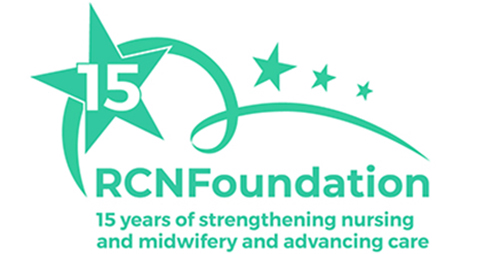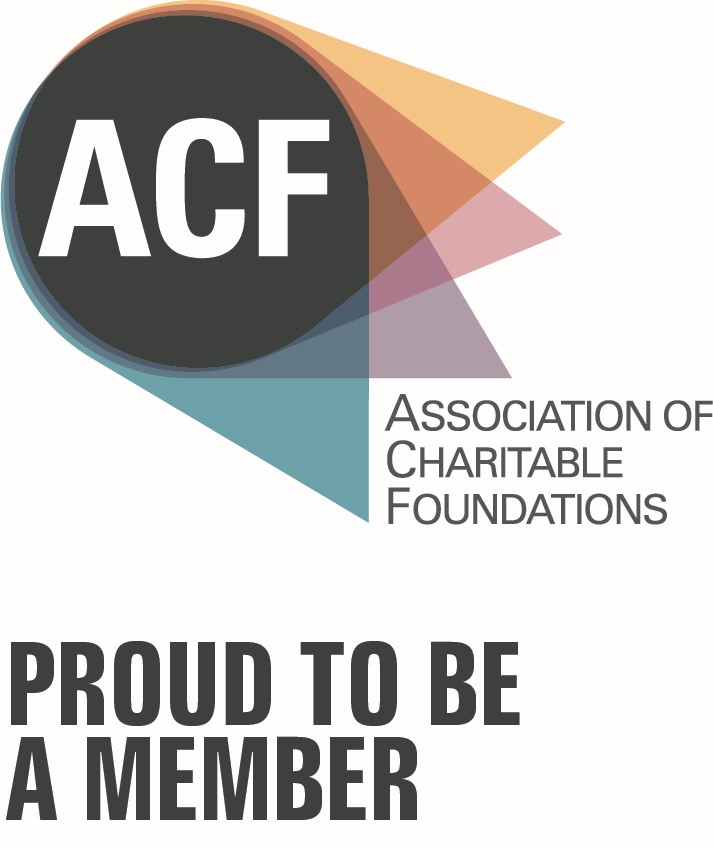General Information
Hardship grants are one-off payments of up to £500, depending on your circumstances and the number of applications we receive.
Please note, further detailed information can be found in the Complete Criteria for Funding document.
If we call you regarding a current hardship application, please be aware that the number will appear as a call from Cardiff (our call centre is based there but the number is routed through our London office).
In the case of being struck off from the register, or receiving a non-interim suspension sanction, for actions the NMC deem to be most serious (as presented in the list below), the individual will not be eligible for a benevolent grant but can still benefit from signposting to other services. The cases NMC deem to be most serious are:
- Cases where a criminal conviction has been passed
- Cases where there has been intentional harm to a patient
- Cases involving serious sexual misconduct
Cases involving dishonesty where the client is responsible for:
- Deliberately breaching the professional duty of candour to cover up when things have gone wrong, especially if it could cause harm to patients
- Misuse of power
- Vulnerable victims
- Financial gain from a breach of trust
- Direct risk to patients
- Premeditated, systematic or longstanding deception
Eligible applicants will typically have experienced an unexpected change of circumstance beyond their control which has led to financial need. The type of circumstances that may lead to an application include:
- A sudden reduction in income due to situations such as ill health; loss of agency work, etc.
- Early retirement due to ill health
- Existing housing becoming unsuitable or unavailable, requiring funds for deposit, white goods or flooring
- Death of a partner, dependant or relative
- A crisis such as instances of domestic violence affecting ability to work.
We will consider most types of requests and aim to be flexible to best meet the needs of each individual. These requests could include but are not limited to:
- Essential white goods
- Travelling expenses for attending medical appointments unless these are covered by the NHS low-income scheme
- Mobility aids if evidence is provided these cannot be provided by the NHS or local authority
- Computers, laptops and other technological items that relating to a medical condition
- Home adaptations due to disability if evidence is provided these cannot be provided or fully funded by the NHS or local authority
- Rental deposits
- Removal costs where there is no free and suitable alternative offered by the local authority
- Storage fees
- Bankruptcy and debt relief orders a debt adviser has identified as a suitable strategy
- Urgent household repairs/essential decorating
- Essential furniture
- NMC Registration fees
- Utility bills which relate to a disability or ill health
- Essential clothing in specific circumstances
- One-off rent/mortgage payment
- Childcare costs
- Emergency home repairs (including boiler replacement/repairs) up £1000 and payable direct to the contractor
- Essential decoration – payable direct to the contractor
- Decorating materials
- Security alarms – in circumstances where the individual is at risk e.g., domestic violence
- Building insurance costs – up to minimum amount needed to ensure continuity of basic monthly cover where the problem is short-term
- Telephone installation or reconnection fees and charges (including mobile phones) – only in cases where applicants are at risk e.g. domestic violence
• Utility bills – may be met where there are abnormally high fuel costs which are associated with health or other special needs and where there is insufficient income to meet this additional expenditure.
Grants for individuals with disabilities to help purchase essential specialist equipment, undertake house adaptation or repairs will be assessed. Individuals will need to demonstrate that they have undergone an assessment by an Occupational Therapist and provide the report to the RCN Foundation. They will also need to demonstrate that they have accessed all statutory and local welfare assistance schemes for help.
Essential specialist equipment includes:
- Wheelchairs/scooters – we will usually seek to obtain joint funding wherever necessary
- Deposits for vehicles leased under the Motability scheme or vehicle adaptations
- Special chair/adjustable bed
- Emergency care alarms when it has been demonstrated that the applicant’s local authority does not fund these
- Stair lift
- Computer/software
- Home adaptations/repairs - checks will take place to ensure that the most cost-effective solution suitable for the individual’s needs has been selected.
Where help is not available through the NHS, financial assistance may be considered for essential medical costs. This would include:
- Prescription costs – up to the fee charged for an annual season pre-payment certificate
- Dental treatment – up to the equivalent of Band 3 treatment according to the fee structure applicable in England, Wales, Northern Ireland, and Scotland (assistance can be considered towards private dental costs where an NHS practitioner has not been available)
- Spectacles – increased costs where specialist lenses are required will be considered on a case-by-case basis.
Some circumstances put forward by applicants will not meet our essential criteria for financial assistance. The below have been identified as outside the scope of assistance:
- Repayment of consumer credit debt
- Debts to family and friends
- Funeral costs and related costs for example travel to funerals
- Holidays
- International travel
- Educational or training costs
- Private medical treatment (including support with costs associated with the diagnosis of conditions, such as autism and dyslexia)
- Private education fees
- Legal fees
- Payment of fines
- Costs associated with immigration fees, such as visas and health surcharges
- Computers, laptops and other technological items that do not relate to a medical condition
- Top-up fees for care homes
- Grants for dependants
- University fees for dependents
- House purchase
- Vehicle purchase
- Union membership fees
- Attendance at NMC hearings
- Hardship caused by industrial strike action, however individuals may still seek help in the normal way where there is evidence of financial difficulty before the onset of industrial action or, if an unrelated financial crisis were to occur during such time
- Grants which replace statutory help (including help available through Local Welfare Assistance Schemes), since in effect, the RCN Foundation would be relieving the state of its responsibilities
- Ongoing financial support
- Grants to those who knowingly continue to withhold information or make fraudulent claims.
When applying for support to meet routine monthly expenditure (i.e., day to day costs, childcare costs or mortgage) individuals that have household savings above the amounts below will be not be eligible for financial assistance:
- £4000 for households of working age
- £6000 for household of an individual or couple who have reached or are over state retirement age.
Once a grant has been agreed, one of the following payment methods will apply:
- Payments for goods/services: payment is made direct to the supplier
- Payments to reduce/clear priority debts: payment is made direct to the creditor where possible
- Payments needed to meet everyday expenditure: payment may be made direct to the individual
- Payments may be made available to the individual via, BACS bank transfer. Payments via CHAPS payments incur a cost to the Foundation but arrive more quickly in the recipient’s bank account, with no 3-day clearing period. These can be passed to the Director of the Foundation for consideration in exceptional circumstances such as when a payment has been delayed.
Financial support for nursing and midwifery students
Please note that financial support is generally only available in exceptional circumstances. Read more below.
Every university has its own hardship fund for students experiencing financial hardship. Find out what's available on gov.uk.
Before you look to apply to the RCN Foundation, it is important that you have approached your own university for support. University Student Services provide money advice, and have details of other funding which may be available to you.
There is also additional support for those experiencing financial hardship called the Exceptional Support Fund. Find out more about applying by downloading this PDF booklet.
The RCN Foundation may be able to provide financial support if you a student in hardship as the result of:
- Having to flee domestic violence
- Having to intermit your studies due to ill-health
- Experiencing bereavement (loss of a partner that you live with) and
- Are not eligible for support from your university.
If your circumstances are described here, please contact us on rcnfoundationbenevolent@rcn.org.uk.






